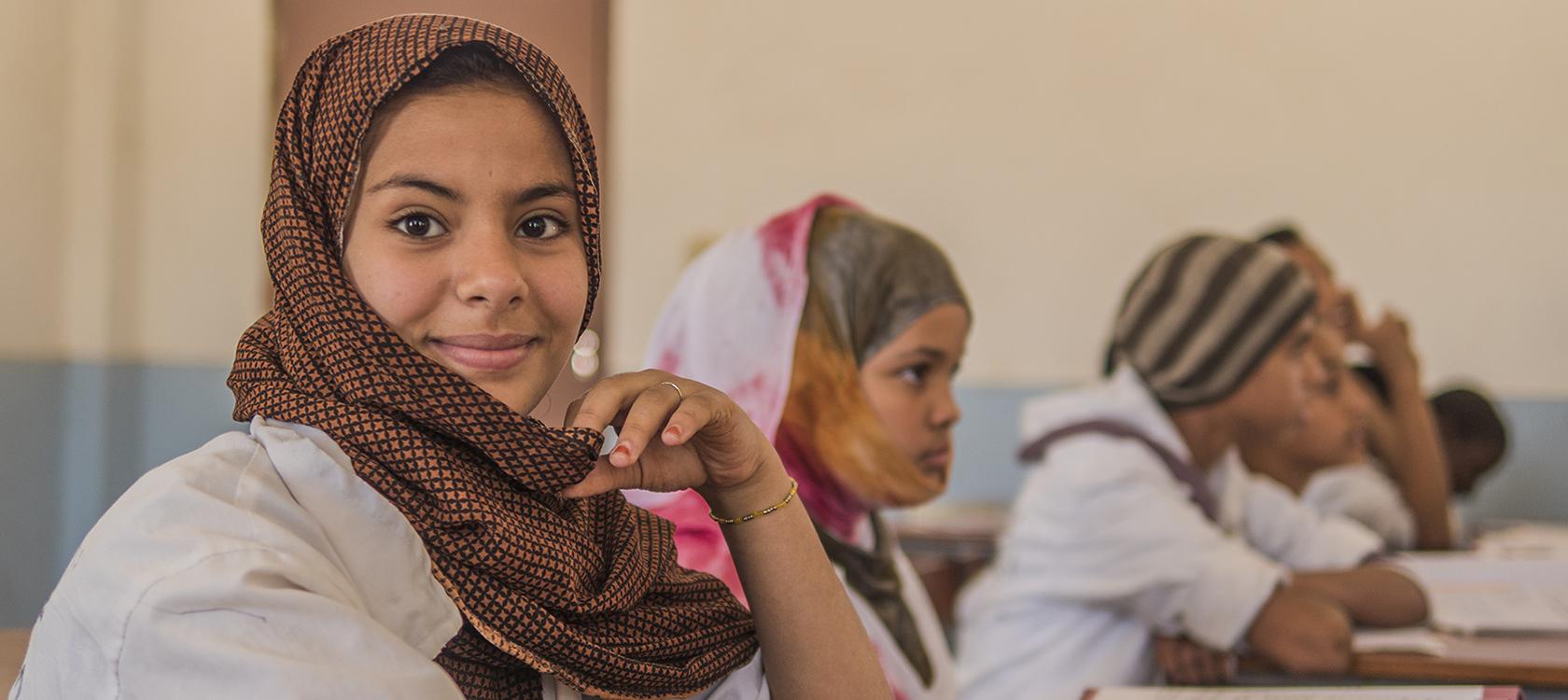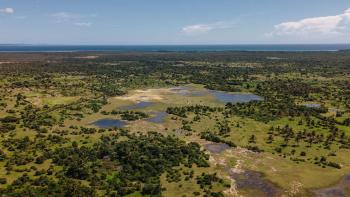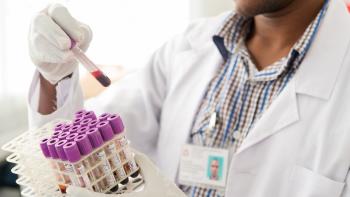A key characteristic of the Sahel is its youthful population.
Jean-Marc Pradelle, Lisa Verrière : Between 1990 and 2015, West Africa’s population doubled to 367 million people. Today, between 46% and 50% of the region’s population is under 15 years old, while the world average is just 26%. About 63% of those living in West Africa are under 24 – some 230 million people.

These demographic realities present major difficulties for organizations and decision-makers tasked with creating optimum political and economic conditions for the well-being of the population. And this in a region whose human development indicators are among the lowest in the world. Niger for instance, was ranked last of the 189 countries assessed in the UNDP’s Human Development Index (last year).
Despite rising literacy rates for 15 to 24-year-olds, there are at least 7.6 million young people in the Sahel who are illiterate. Like the educational systems, healthcare systems remain in a precarious state, and fail to meet the increasingly complex needs of a growing population.
Young people across the Sahel face a triple dilemma: demographic pressures, limited skill sets and the mainly informal structure of their economies. In Mali for instance, just 10% of the 200,000 new entrants to the job market are employed in the urban formal sector each year. The rest find work in largely informal rural activities or the urban informal sector, but many migrate, or become involved in illicit activities.
What kinds of challenges result?
There are several! First, educational systems, from primary school to professional training, must be improved so that young people are prepared for the job market, without losing sight of the fact that most of the economies in the Sahel are informal.

Young people employed in healthcare often lack the necessary skills. Providing better training will improve the healthcare system as a whole, so that they too, can benefit. Only 22.7% of Chadian women are tended to by qualified healthcare personnel during childbirth. Similarly, maternal and child nutrition needs to be improved: nearly 40% of children under five are affected by stunting.
Furthermore, the lack of political representation of young people is adding to a sense of exclusion and causing them to lose confidence in the State. The patriarchal societal systems in the Sahel, where power has long been concentrated in the hands of elders, are changing and appear to be breaking down. This is due to the demographic growth pattern that has seen youths become the majority, along with changes wrought by urbanization and globalization, which have led to more diverse family models.
Nevertheless, the African youth are a boon for development. The Sahel’s resilience and capacity to progress will come from those who live there, and specifically from young people, the lifeblood of change and improvement.
What is the AFD doing about this?
AFD is helping to provide access to quality education and vocational training. This means ensuring that young people are supported in their effort to finish school – particularly girls – who are the first to suffer as a result of weaknesses in educational systems. Particular attention is paid to the fight against child marriages and early pregnancies. Maximizing the potential of young people in the Sahel also hinges on access to water, sanitation and electricity in schools, as well as on improved nutrition and health.
In some countries, such as Senegal and Burkina Faso, young people have played key roles in helping determine political outcomes. AFD encourages young people to be active citizens, and supports the MediaSahel project, which promotes the engagement of youth in public debate through the media.
The range of challenges facing this section of the population requires a detailed understanding of the region. AFD is allocating funding for research in this area. It is supporting various lines of inquiry begun by researchers in the Sahel. They are seeking ways to make school more appealing to young people and their families, similar to the way in which Arab-Islamic education has come to be better appreciated.
In Niger, a research program is being led by LASDEL with the support of the British organization, ODI. The study focuses on youth access to various kinds of employment, from adolescence to adulthood. On the one hand, this research examines the hazards that can trap disadvantaged youth in poverty, and on the other hand, it highlights the disparities between the future they want, and their actual ups and downs as they navigate the job market.














